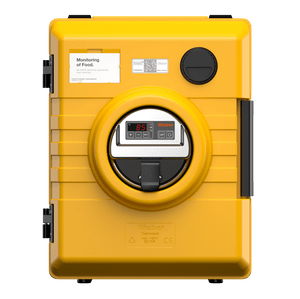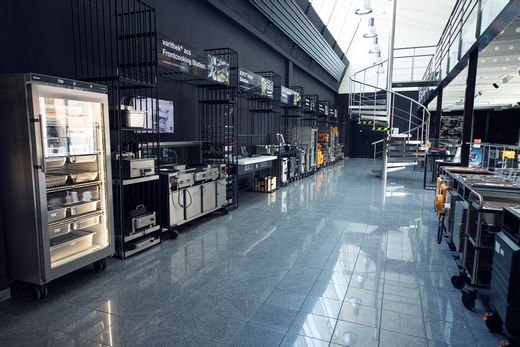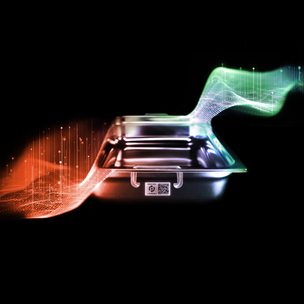The company is founded as Rieber + Renz in Reutlingen (Betzingen) in 1925 and the history of the former “joinery, furniture and glazier's workshop” begins. A year later, Mr Renz leaves and Heinrich Rieber continues to run the young company. But only a few years later, the small company is mass-producing teak sink cabinets with enamelled fitted basins from the joinery and furniture workshop. The well-known name "Schüttstoi – Rieber” (Rieber sink) coined by the citizens of Betzingen dates back to this time.
In 1936, the initial pioneering work with stainless steel from Krupp was carried out, laying the foundation stone for the future of metalworking. Already back in 1950 at the time of the company's 25th anniversary, 15% of the sinks are supplied in stainless steel, which already set Rieber apart from the traditional commercial kitchen sector back then. Stainless steel has since been the core material for Rieber's material technology.


